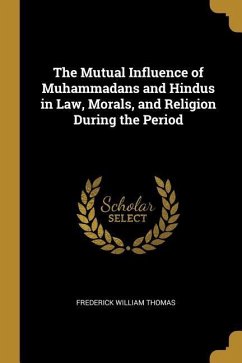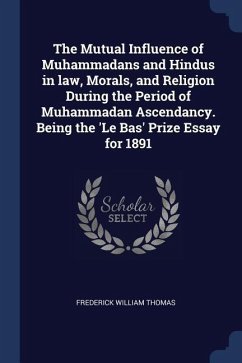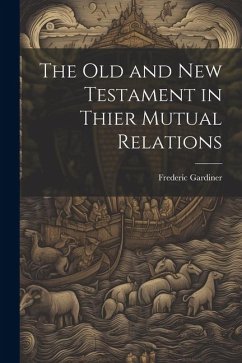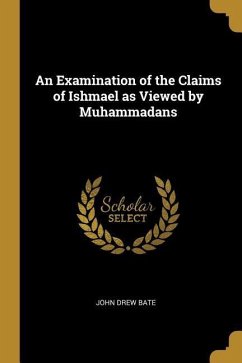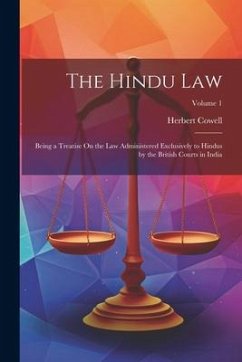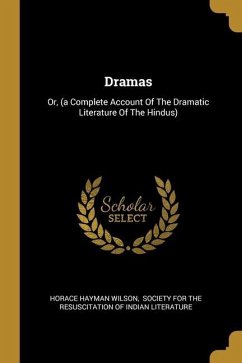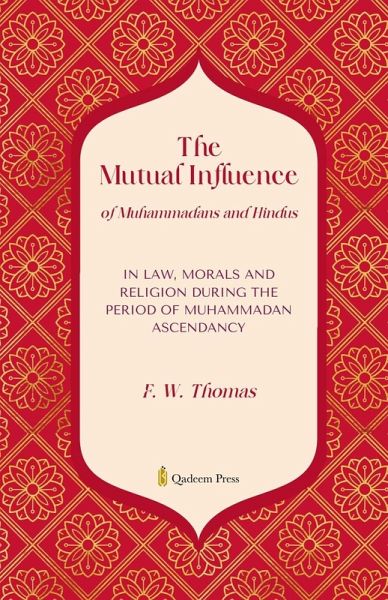
The Mutual Influence of Muhammadans and Hindus
In Law, Morals And Religion During the Period of Muhammadan Ascendancy
Versandkostenfrei!
Versandfertig in 1-2 Wochen
16,99 €
inkl. MwSt.

PAYBACK Punkte
8 °P sammeln!
Dive into a profound exploration of historical intersections with F. W. Thomas's "The Mutual Influence of Muhammadans and Hindus in Law, Morals, and Religion During the Period of Muhammadan Ascendancy." Winner of the prestigious 'Le Bas' Prize in 1891, this meticulously researched essay unravels the intricate tapestry of cultural, legal, moral, and religious exchanges between Muslims and Hindus during the era of Muslim dominance in India. This scholarly work is not just a historical account but a deep analysis of the dynamic interactions that shaped the Indian subcontinent's social and cultura...
Dive into a profound exploration of historical intersections with F. W. Thomas's "The Mutual Influence of Muhammadans and Hindus in Law, Morals, and Religion During the Period of Muhammadan Ascendancy." Winner of the prestigious 'Le Bas' Prize in 1891, this meticulously researched essay unravels the intricate tapestry of cultural, legal, moral, and religious exchanges between Muslims and Hindus during the era of Muslim dominance in India. This scholarly work is not just a historical account but a deep analysis of the dynamic interactions that shaped the Indian subcontinent's social and cultural landscape. Thomas begins with an insightful introduction that sets the stage by outlining the fundamental characteristics of Hinduism and Muhammadanism (Islam). This introduction provides readers with the necessary background to understand the complex interactions discussed in subsequent chapters. The first section delves into the mutual influences in governance and legal frameworks. Thomas explores how Islamic law (Sharia) and traditional Hindu law influenced each other, leading to the development of a hybrid legal system. The adaptation and integration of legal practices are examined, highlighting how courts and legal procedures evolved to incorporate elements from both traditions. This section also addresses land-tenure systems, drawing from sources like the Ain-i-Akbari and the Fifth Report of 1812, providing a detailed understanding of the economic and administrative amalgamations. In the realm of morals and ethics, Thomas discusses the values shared and contested between Muslims and Hindus. This section highlights areas of convergence, such as shared ethical principles, and divergence, particularly in social norms and practices. The influence of Islamic ethics on Hindu practices and vice versa is analyzed, offering a nuanced perspective on the moral landscape during this period. Religion, being a cornerstone of both communities, is thoroughly examined. Thomas provides a detailed study of religious practices, rituals, and beliefs, emphasizing the impact of Sufism and the Bhakti movement. These spiritual movements played significant roles in fostering a syncretic religious environment. The chapter also discusses instances of religious tolerance, coexistence, and conflict, showing how these dynamics shaped the religious landscape of the time. F. W. Thomas's essay is a comprehensive study of the complex and multifaceted interactions between Muslims and Hindus, shedding light on how these interactions influenced the social, legal, moral, and religious fabric of India during the period of Muslim ascendancy. His work stands as a significant contribution to understanding the historical context and cultural synthesis that defined an era. Whether you are a scholar, a history enthusiast, or simply curious about the rich heritage of India, this book offers valuable insights and a deep appreciation of the mutual influences that have shaped the region's history.



